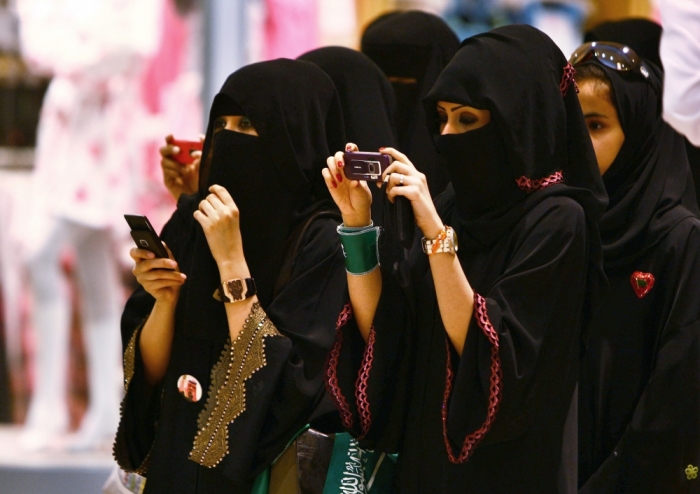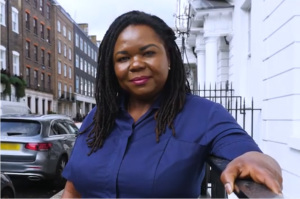Saudi Arabia's Grand Mufti Calls for Ban on Music, Movies Fearing They Lead to 'Mixing of Sexes'

The highest-ranking cleric in the Kingdom of Saudi Arabia said music concerts and movies shouldn't be allowed in the country as they could lead to immorality and mixing between the sexes.
"We know that singing concerts and cinemas are a depravity," Agence France Presse quoted Grand Mufti Abdulaziz al-Sheikh as saying in a television interview, after he was asked whether the kingdom's General Authority for Entertainment should licence concerts and study opening cinemas.
Cinemas, he said, "might show movies that are libertine, lewd, immoral and atheist, because they rely on films imported to change our culture." And there is "no good" in concerts, he added, claiming that music entertainment and opening cinemas represent a "call for mixing between sexes."
"At the beginning they would assign areas for women, but then both men and women will end up in one area. This corrupts morals and destroys values," he continued, and proposed that entertainment should come only through cultural and scientific media.
Saudi Arabia doesn't allow cinema, mixing of sexes in public, alcohol and women driving without permits from their male guardians, and requires women to cover from head to toe when in public.
The totalitarian state's religious freedom record is abysmal.
"Only Sunni Islam may be practiced publicly and any Saudi citizen who converts to Christianity or another faith is immediately guilty of apostasy, punishable by death," according to the Washington, D.C.-based International Christian Concern. "Even non-Saudi Christians living in the kingdom risk imprisonment and deportation if they attempt to meet privately to pray or read the Bible."
Recently, the kingdom switched from the lunar-based Islamic calendar, which starts with the emigration of Muhammad from Mecca to Medina, to the "Western" Gregorian calendar, named after Pope Gregory XIII and based on Jesus Christ's birth.
However, it was part of an austerity measure to deal with the kingdom's budget deficit due to the drop in crude oil prices beginning 2014.
The Muslim calendar, also known as Hijri, loses some 11 days a year so that Islamic holy days rotate around the seasons every 32 years, and the move will lead to civil servants losing 11 days of payment with salary days being cut. Earlier, only the private sector used the Gregorian calendar of its oil customers to calculate salaries.





























